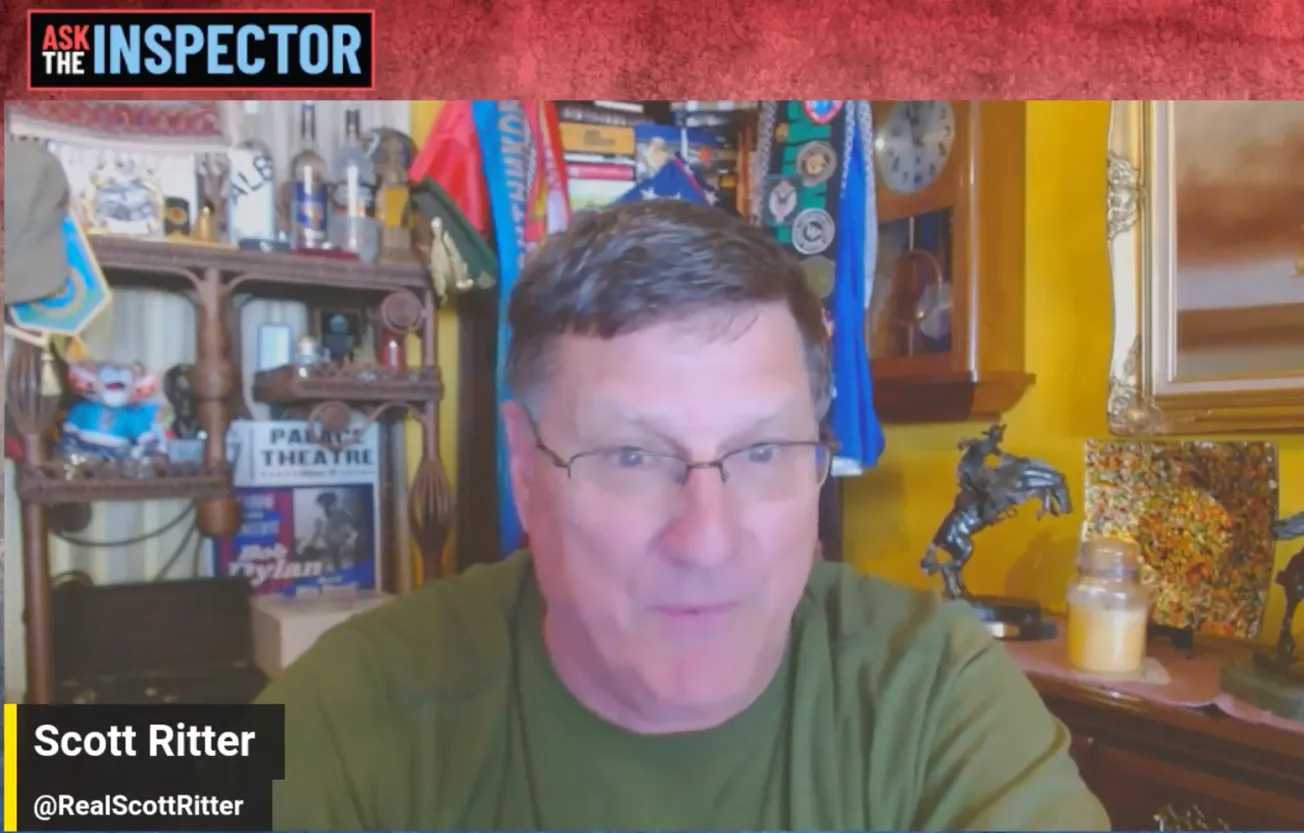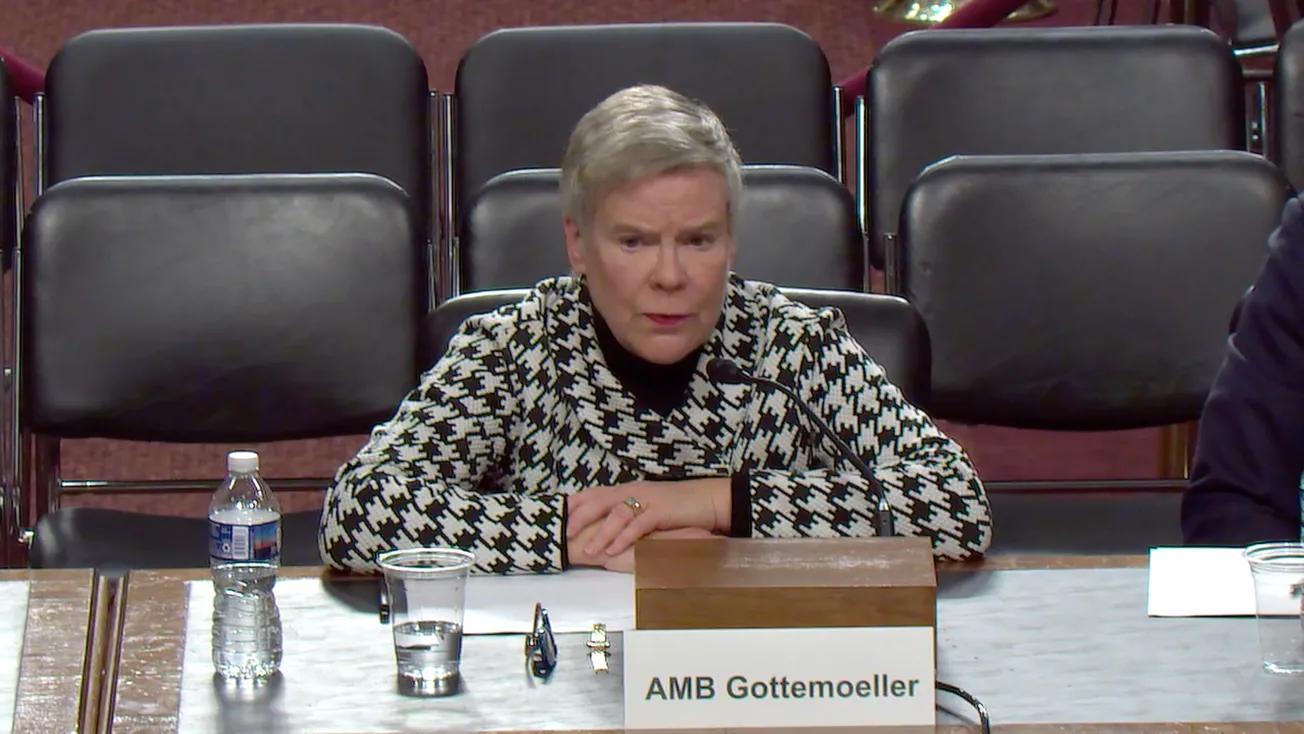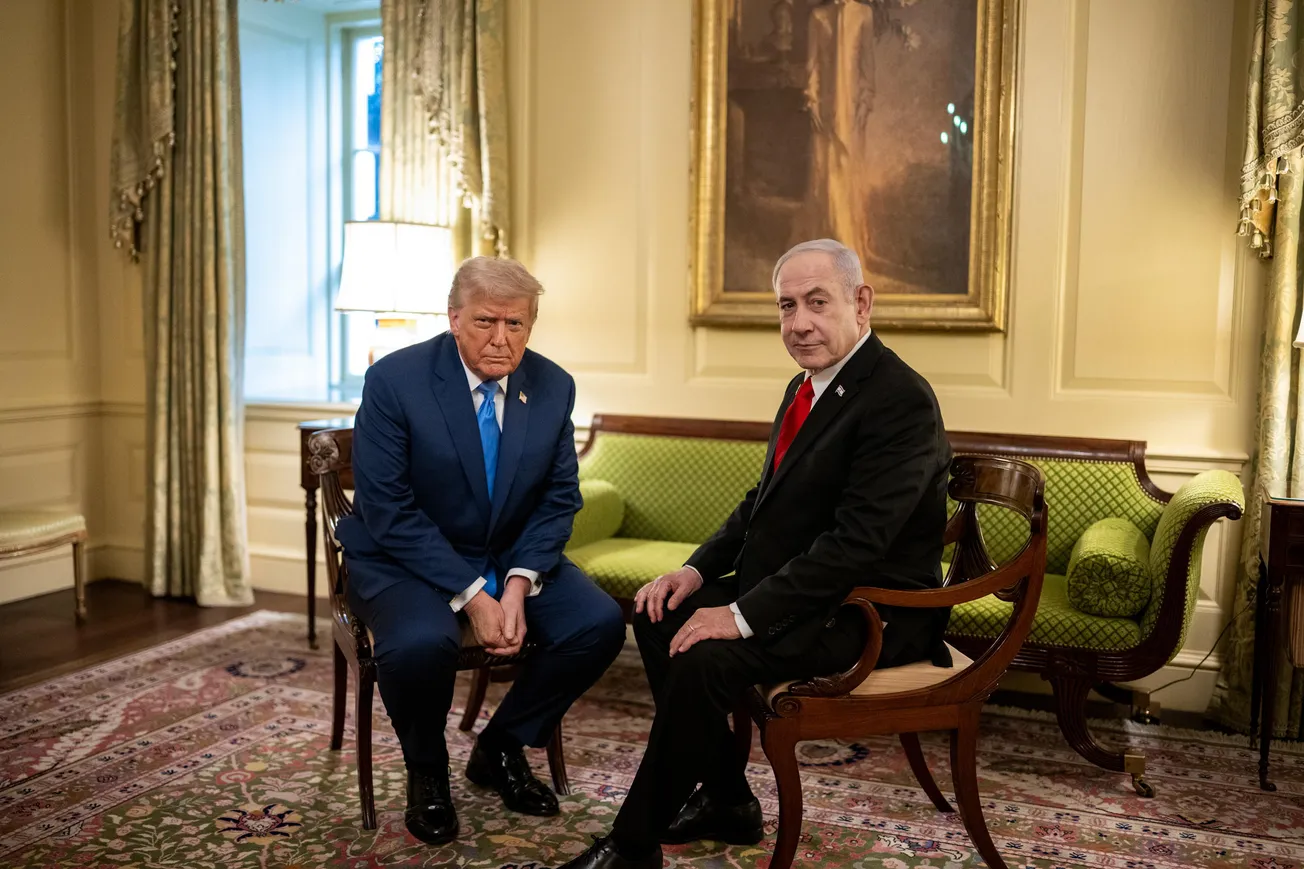Scott Ritter published a lengthy article on his Substack of Aug. 14, headlined “The FBI’s Raid on Peace.” That headline summarizes Ritter’s central political point about the Aug. 7 combined FBI-SWAT raid on his house. At the outset he notes: “The FBI claimed they were investigating whether I was functioning as an unregistered agent of a foreign government. But what was really taking place was a frontal assault on peace.”
Ritter will be a featured speaker at the Aug. 16 International Peace Coalition meeting.
In pursuit of their allegation that Ritter was operating as an unregistered agent of a foreign government—Russia—in violation of the Foreign Agent and Registration Act (FARA), the FBI questioned him for some five hours during the course of the raid, focusing in on his email exchanges in February 2023 with Igor Shaktar-ool, a senior counselor with the Russian Embassy in Washington, D.C., about the publication of an article that Russian Ambassador Anatoly Antonov had recently written on the problem of Russophobia. The FBI accused Ritter of “working as a foreign agent” because he was working out the details of the publication of the Antonov article.
Ritter also reported that “back on June 3, I had received an email from Google informing me that they had `received and responded to a legal process issued by the FBI compelling the release of information related to Google accounts that are linked to or associated with a specific identifier’…. I’m not a big believer in coincidences. June 3 was also the date the [U.S.] Customs and Border Protection agents seized my passport as I was preparing to board a flight at JFK airport that was to take me to Russia, where I was scheduled to participate in the Saint Petersburg International Economic Forum before embarking on a 40-plus day tour of Russia.… My mission in travelling to Russia was to promote better relations by reminding a Russian audience that once upon a time our two nations actively worked together in the furtherance of the cause of peace by eliminating the very weapons—nuclear-armed missiles—that threatened our mutual existence.”
Ritter was blunt in his conclusions: “It appeared to me that the FBI was on a fishing expedition.… The FARA statute also notes that `the term “agent of a foreign principal” does not include any news or press service’…. In short, my actions did not fit the definition of an `agent of a foreign principal,’ but rather that of a working journalist.” But that didn’t get in the way of the effort to silence Ritter.
“I am therefore guilty of trying to influence the American public when it comes to U.S. attitudes toward Russia and, in doing so, seek to generate public pressure on U.S. policy makers to formulate more responsible policies that don’t lend themselves to a nuclear arms race with Russia.
“This is the moral duty and responsibility of every American citizen—to hold his or her elected representatives accountable for what is done in their name. It is the bedrock principle of representational democracy. And now the FBI is seeking to criminalize it.”
Ritter underscored his central point: “By seeking to extend the jurisdiction of FARA so that it covers the practice of journalism by American citizens, it is a frontal assault on that most precious American right—free speech and a free press, all in the name of `national security.’”
Ritter concluded: “Maybe the FBI thought I would be intimidated by the raid, and opt to remain silent out of fear of generating unwanted attention. But all the FBI really accomplished that day was to execute a raid on peace.…”





